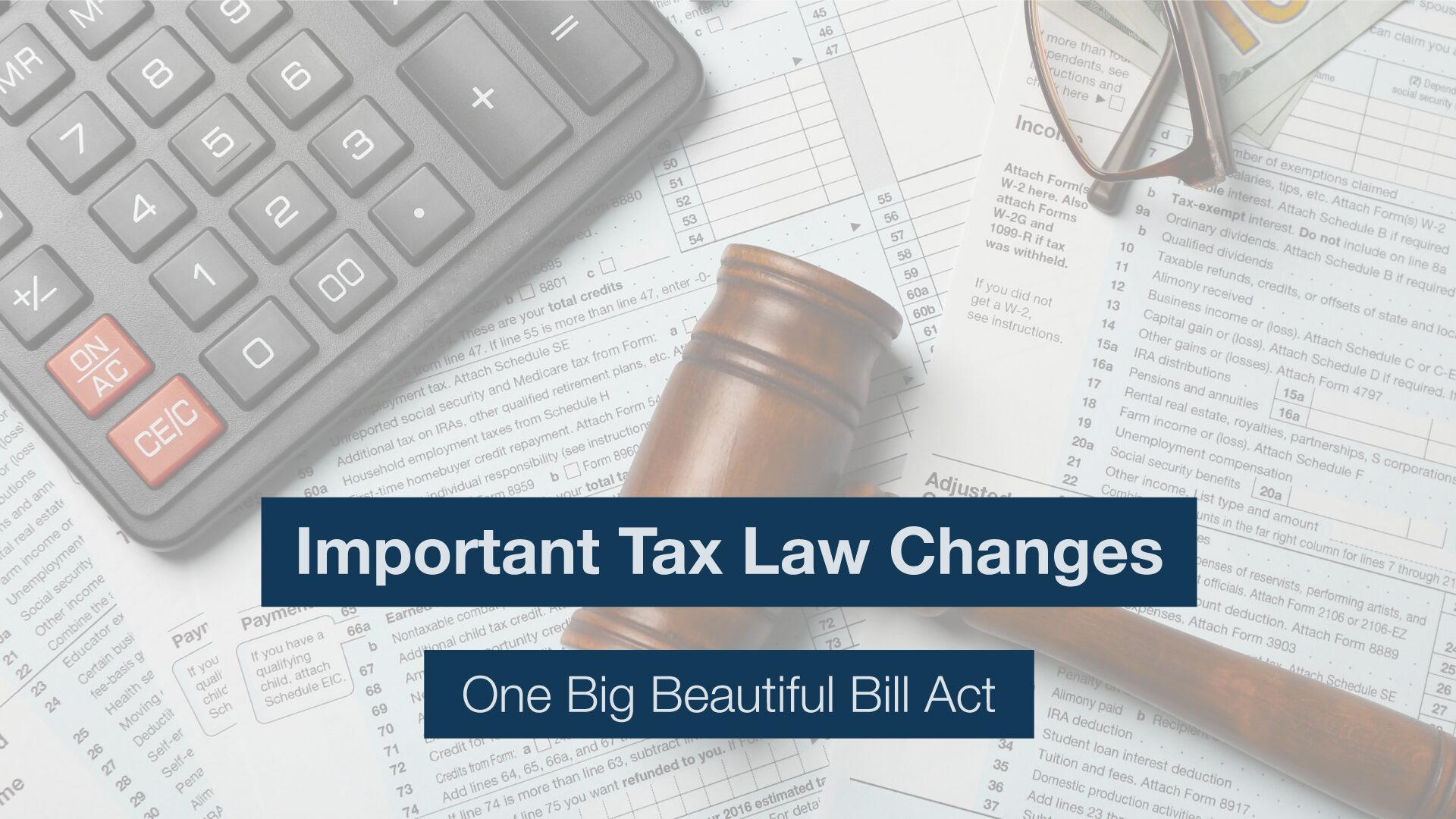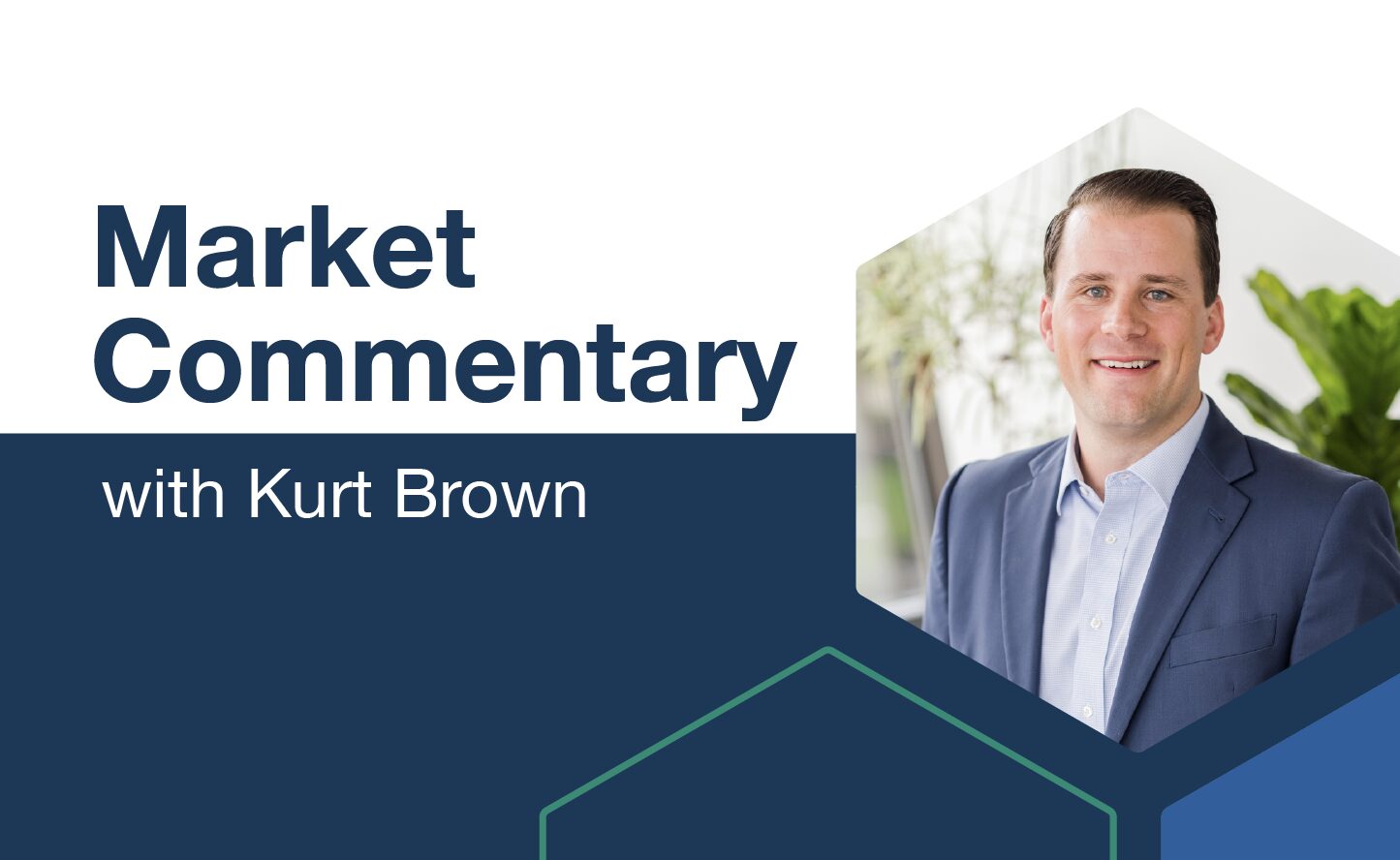
We previously outlined the different ways advisors can be compensated and the importance of advisor and fund fees (more here). It’s equally important to understand the difference between types of advisors, the expectations you should have of each, and what you should look for when seeking out professional guidance.
What types of advisors are there?
In our industry, you might see the term investment advisor, wealth manager, financial planner or financial advisor and there aren’t many rules about who can use the above terms, making it difficult to identify differences between them. Many hold themselves out as “planners” but instead focus on managing investments and gathering more investments to manage. We believe you should seek an advisor focused on planning.
What should consumers look for?
We recommend hiring a Registered Investment Advisory firm who has a legal obligation to act in your best interest. Without this requirement, advisors can recommend anything “suitable” to your situation, an ambiguous standard with potential for conflicts of interest. Hiring a “fee-only” advisor can also reduce conflicts of interest and while advisors charging asset management fees can call themselves fee-only advisors, our flat fee model is more transparent. It is not based on the amount of assets you have, accumulate, inherit, or grow over time. We believe this reduces conflicts of interest that may arise when receiving advice from an advisor. Remember earlier, many advisors are focused on investments. When your compensation is based upon gathering assets, it can tend to drive your actions and recommendations.
Do I need a financial planner or an investment manager?
Our name says it all! At PDS Planning, we believe financial planning is the key to financial success and it’s prudent to find an advisor who focusses on your overall financial picture, not just your investments. Our advisors have attained their CFP® designation signifying they’ve met rigorous education, experience, and ethical standards, demonstrating a high level of competency in comprehensive financial planning. Your advisor should be running long-term cash flow projections to analyze whether you are on track to reach your goals or if changes need to be made. They should help you determine how much to save, where to save it, and of course how to invest the funds.
A good financial planner will identify risks to your plan and provide recommendations regarding life, disability, long-term care, and even home and auto insurance. We recommend an advisor who reviews your estate documents and legacy goals and ensures ownership and beneficiary designations are aligned with both. More on this topic in a future post, but a good advisor should do all the above mindful of the tax impacts of your decisions, especially with constantly changing laws. Tax planning is a lifelong process and there is significant value in using cash flow modeling and tax projections to reduce tax drag, improve after-tax outcomes, and take advantage of opportunities impacting you and future generations.
So financial planning is important, but what about my portfolio?
Investing doesn’t need to be complicated, but making it seem complex attracts clients and justifies high fees for advisors focused on portfolio management and asset gathering. It’s true, portfolio returns have a material impact on your plan’s probability of success, but financial markets are efficient (especially with today’s technology), relatively unpredictable and uncontrollable. The planning concepts outlined (taxes, fees, how much you save, where to save, etc.) are generally within your control and could have a greater impact on your plan than merely the selection of any particular investment.
Our recommendation is to have a globally diversified portfolio using low cost, tax efficient investments, save regularly, and invest for the long-term. As Warren Buffet said, “market timing is both impossible and stupid.” Keeping funds invested and not letting emotion drive investment decisions is the key to long-term returns and having an advisor who stops you from making emotional decisions is hugely valuable. Many advisors use actively managed funds, who adjust the fund holdings based on their predictions and research. They add another layer by calling themselves “a manager of managers.”
Unfortunately, active funds have higher fees, sometimes incredulously high relative to passively managed index funds. Actively managed funds can cost 20-50x as much as their passive counterparts. Comparing a modest active manager fee of 0.75% to an index fund fee of 0.06% adds $13,800 per year in fees on a $2,000,000 portfolio. If those savings remained in your portfolio, they could be a material addition to your retirement assets. To justify the higher fund fees, these managers should be consistently outperforming their benchmark, but most studies show that is generally not the case. The 2024 Mid-Year SPIVA® Global Scorecard (linked here) provides overwhelming evidence that most active managers do not outperform their respective benchmark. We believe the evidence suggests low-cost passive investing, remaining invested over long periods of time, and a careful eye on tax efficiency may lead to better long-term returns than trying to “beat the market.”
One of our shareholders said it best in a recent post, so it’s worth repeating here. “In a world where the only constant is change, the role of a skilled financial advisor becomes even more critical. They shouldn’t just manage money; they should guide you through life’s financial maze, helping you make informed decisions and stay on track towards your long-term goals. And in doing so, they should provide value that truly is priceless.”
At PDS Planning, our goal is just that – to develop strategies that provide clients with confidence their savings will last a lifetime, resulting in not just financial security, but peace of mind.
IMPORTANT DISCLOSURE INFORMATION: Please remember that past performance is no guarantee of future results. Different types of investments involve varying degrees of risk, and there can be no assurance that the future performance of any specific investment, investment strategy, or product (including the investments and/or investment strategies recommended or undertaken by PDS Planning, Inc. [“PDS”]), or any non-investment related content, made reference to directly or indirectly in this blog will be profitable, equal any corresponding indicated historical performance level(s), be suitable for your portfolio or individual situation, or prove successful. Due to various factors, including changing market conditions and/or applicable laws, the content may no longer be reflective of current opinions or positions. Moreover, you should not assume that any discussion or information contained in this blog serves as the receipt of, or as a substitute for, personalized investment advice from PDS. To the extent that a reader has any questions regarding the applicability of any specific issue discussed above to his/her individual situation, he/she is encouraged to consult with the professional advisor of his/her choosing. PDS is neither a law firm nor a certified public accounting firm and no portion of the blog content should be construed as legal or accounting advice. A copy of the PDS’ current written disclosure Brochure discussing our advisory services and fees is available for review upon request or at www.pdsplanning.com. Please Note: PDS does not make any representations or warranties as to the accuracy, timeliness, suitability, completeness, or relevance of any information prepared by any unaffiliated third party, whether linked to PDS’ web site or blog or incorporated herein, and takes no responsibility for any such content. All such information is provided solely for convenience purposes only and all users thereof should be guided accordingly. Please Remember: If you are a PDS client, please contact PDS, in writing, if there are any changes in your personal/financial situation or investment objectives for the purpose of reviewing/evaluating/revising our previous recommendations and/or services, or if you would like to impose, add, or to modify any reasonable restrictions to our investment advisory services. Unless, and until, you notify us, in writing, to the contrary, we shall continue to provide services as we do currently. Please Also Remember to advise us if you have not been receiving account statements (at least quarterly) from the account custodian.



